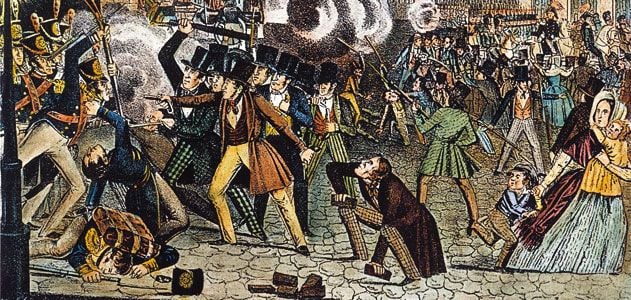- Thread starter
- #101
This thread is about establishing America’s Christian heritage. It’s not a thread to attack or defend Christianity or Christians. But rest assured that if it were the record would show that by any objective measure Christians and Christianity has overwhelmingly been a force for good. You really should be ashamed of yourself.Just as balanced as the ones claiming to be Christian yet not actually following the words of Christ.

